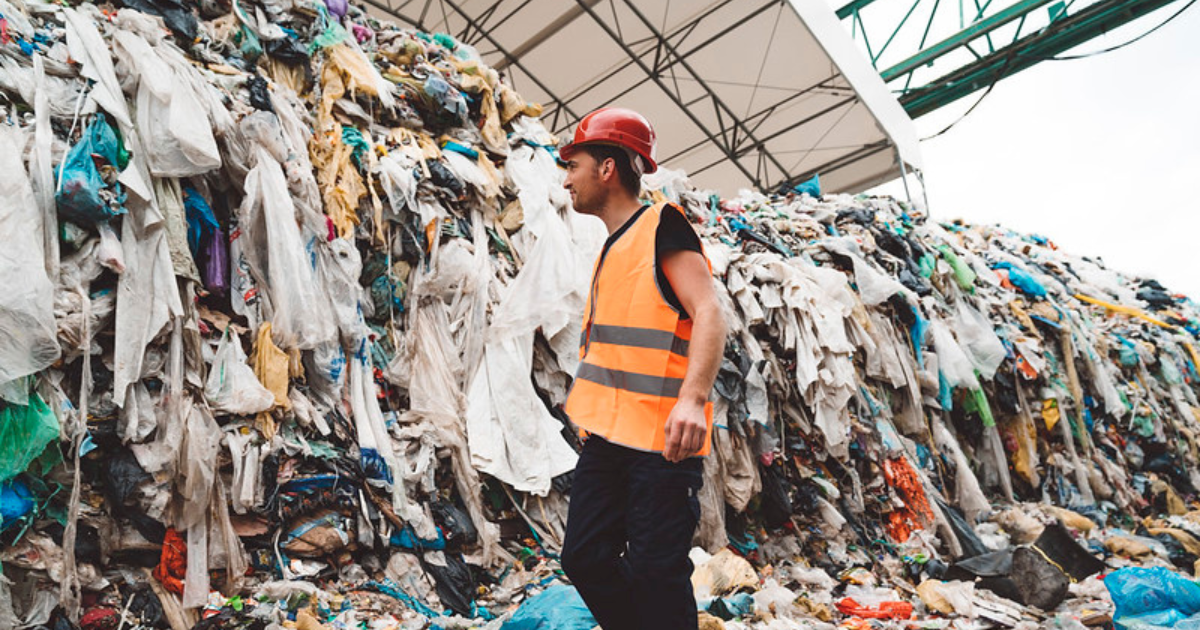
A wave of Australian sustainable fashion influencers are speaking out against the environmental damage that major brands are causing.
Melbourne-based sustainable fashion influencer, Ria Chhina, said she refuses to be a consumer of fast fashion.
“Let’s not forget that fast fashion includes all businesses that manufacture under unethical practices and mass production. We’re talking H&M, Nike, Target,” she said.
Ms Chhina said it’s almost impossible to get away from consuming fast fashion, but the real issue comes from those who cyclically consume and throw away, instead of keeping items for a long time.
Sydney-based fashion influencer and founder of a handmade jewellery business, Bianca Chua, had similar thoughts on sustainable fashion. She said it’s a privilege to be able to choose between luxury brands and fast fashion due to the vast difference in prices, but recommends trying to purchase high quality items that will last a long time.
“Invest in good quality pieces that are timeless and not necessarily trendy, like the basics. For example, an 80 per cent wool coat – yes, it is going to be like $300 but you will have that coat for a long time compared to spending the same amount on countless trendy items or one single item of the same price that is trending,” she said.
A report by the Australian Fashion Council found Australians purchase approximately 15kg of clothing every year and most of it ends up in landfill. There are 1.42 billion pieces of clothing arriving in Australia each year, which amounts to 373,000 tonnes of fabric in landfill.
Ms Chhina suggests multiple options to avoid indulging in fast fashion items such as using second-hand platforms like Depop, Graild, Poshmark, Ebay, or even going to local clothing markets.
“And don’t be shy on accessories … not even lying, you can have a million accessories and one outfit, and you can vary that outfit a million times with your accessories,” she said.
Ms Chua said she has become more conscious about where she purchases her items by doing her research beforehand.
“It is not ethical to support the continuation of child labour. The trend cycle goes so quickly that it is going to become a norm that there is a new trend every week. I’d rather invest money into items I will use more than once,” she said.
Angela Aliaga is a second-year student at QUT, studying a Bachelor of Communications (Journalism) and a Bachelor of Business (Public Relations). Angela is a multi-faceted individual who enjoys spending her free time indulging in society and culture, sustainable fashion, and beauty. She deeply values the development and wellbeing of communities and is passionate about worldwide equity, social justice, and peace.





